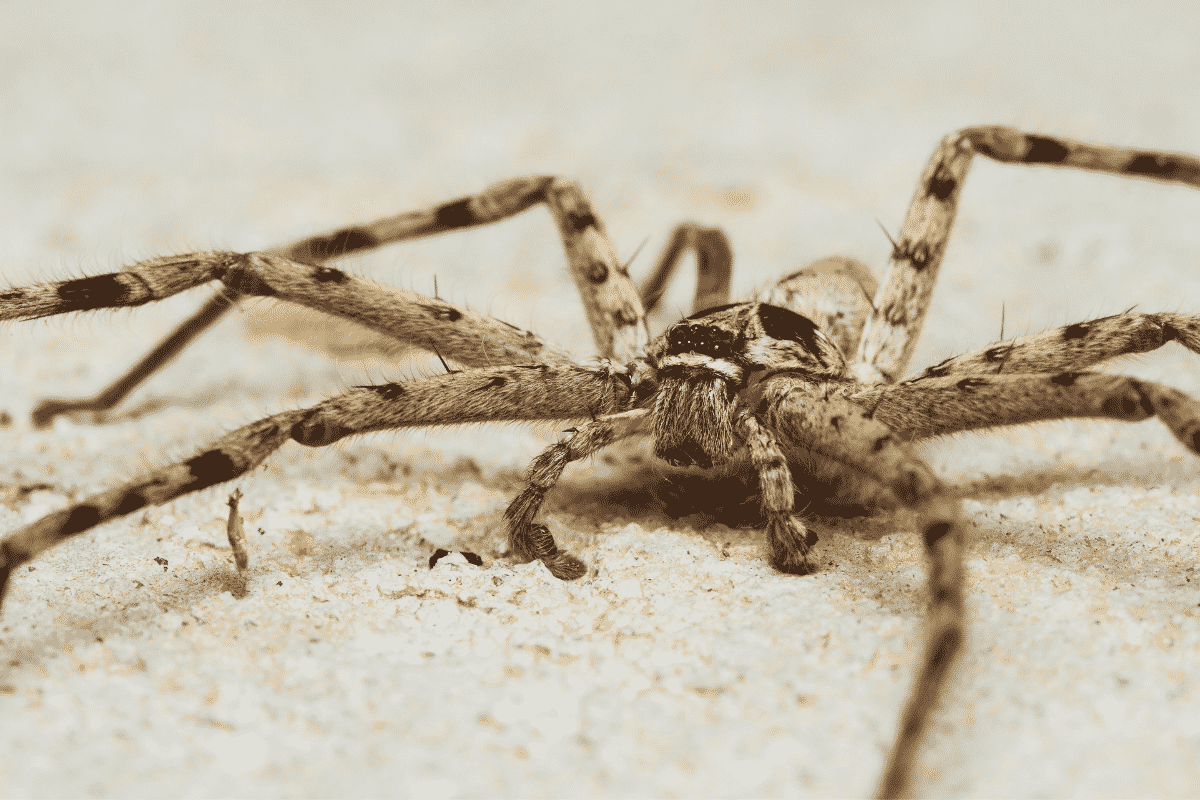Spiders in Ireland tend to head indoors as the weather gets colder. Mostly, to breed. Males die off following breeding. But females live into the next year. In that time they lay thousands of eggs.
Having spiders in your home can be beneficial. As they are nature’s pest controllers. However, we know that many people have spider phobias. And the idea of sharing their home with 8 legged creatures is enough to have some packing up and moving out. This is why we put together this blog post. The past week, we have had a definite uptick in the amount of spider related call outs. And, as we have been answering the same questions all week, we thought it would be a good idea to answer the most common questions we get asked by our customers, here.
1. What spiders are common in Ireland?
There are roughly 15 unique spiders indigenous to Ireland.
3. Does Ireland have big spiders?
The biggest spiders found in Ireland are called Tegenaria. Also, known as the giant house spider. The giant house spider measures up to 120mm. Distinguishing features include a tan coloured abdomen with a herringbone pattern. Six species of tegenaria are commonly found in homes. Typically from September onwards.
2. Are there dangerous spiders in Ireland?
For the most part, spiders found in Ireland are not dangerous. In fact, the indigenous spiders are not dangerous at all. However, there are 3 species that are now in Ireland that can be dangerous. Firstly, we have the false widow spider. Despite what the media would have you believe, false widow spiders do not seek to hurt humans. In fact, they only bite if they feel threatened. Mostly, bites will cause a small amount of pain or swelling. However, bites can be dangerous if the individual is sensitive to the venom.
Secondly, there is the brown recluse spider. Similar to the false widow, the brown recluse will only bite as a defence mechanism. Reactions range from pinprick pain to intense pain.
And finally, the yellow sac spider. This bite would be the worse out of the three. Causing pain and swelling, as well as vomiting. And a bite from a yellow sac can take up to 8 weeks to heal.
4. What should I do if a spider bites me?
Spider bites in Ireland are typically harmless to most people. However, if a person is sensitive to a particular venom, bites can be dangerous. If you get bitten, identify the species of spider, if you can. This information is so important, in case of a serious reaction. Most spider bites will cause mild pain, localised to the bite area. In which case, no action is required. However, immediately contact a medical professional if extreme swelling or pain occurs, or if you have any of the following symptoms, vomiting, stomach cramps, or trouble breathing. Additionally, contact your doctor if the bite gets worse after a day, if there is an open wound or if there is a bullseye mark at the site of the bite.
5. How can I keeps spiders out of my home?
Spiders enter homes for warmth and to breed. However, they will only stick around if there is an active food source. Consequently, the most effective way to control spiders is to limit their food source. Spiders feed on insects such as flies, cockroaches, moths, and even wasps. Cut off the food source and spiders will have no reason to stick around.
Additionally, take preventative measures. Firstly, seal up any entry points. Seal gaps around pipes, and around doors and windows. Secondly, keep windows and doors closed, as much as possible. Or at the very least, use an insect screen. If you spot any webs, remove them. And regular vacuuming, especially in secluded parts of your home will really help deter spiders.
Contact Ultimate Pest Control
If you need our help, dealing with a spider infestation, contact us today!

